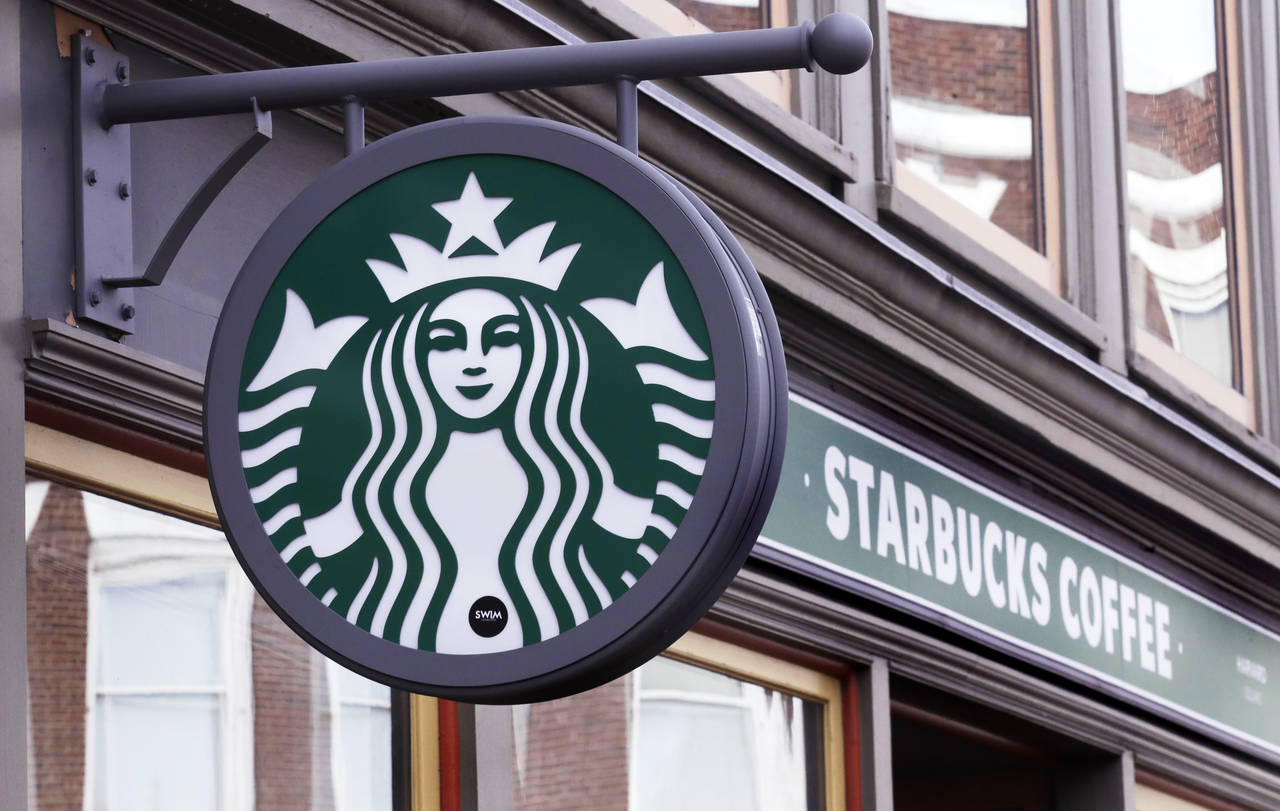Initiative to decriminalize drug possession fails to make November ballot
Jul 1, 2022, 5:22 PM

A statewide initiative that sought to decriminalize drug possession in Washington State and replace failing drug laws with a public health approach won’t be on the November 2022 ballot, organizers announced this week.
“We will not be moving forward to qualify Washington State Initiative Measure No. 1922 to the November 8th general election ballot,” the campaign said in a press release. “Signature gathering proved more challenging and prohibitively expensive than projected.”
Commit to Change Washington wrote in an article this week that they made “the difficult decision to cease signature-gathering efforts.”
WA introduces ballot measure to decriminalize drug possession
I‑1922 faced a deadline of 5 p.m. July 8 to turn in approximately 405,000 signatures. The minimum number of valid signatures is 324,516 and a cushion of about 25% is recommended to offset duplicate and invalid signatures.
The proposed ballot had a budget attached to it with the initiative dedicating $141 million in state funding each year to substance use treatment and prevention.
The organization cited a poll, authored by Data for Progress, that found Washington voters supported I‑1922 by a wide margin. 67% said they’d vote for the measure and only 22% against it, with 11% undecided.
“We know our work must continue; Washington State’s current drug possession penalties are set to expire July 1st, 2023, and we expect the legislature to take up the matter in the 2023 session that begins January 9th,” the campaign said.
This initiative followed recent Oregon legislation, Measure 110, which passed and started Feb. 1, 2021, to remove criminal penalties for possession of drugs and expand access to health services.
A year after the landmark legislation passed in Oregon, more than 16,000 Oregon residents accessed services through the new grant program, but less than 1% were reported to have entered treatment, according to updated state data.
“Activists present I-1922 as a way to get addicts into treatment, instead of into the criminal justice system. Except, the initiative won’t do that,” Jason Rantz wrote in May in response to the initiative’s plan. “Proponents lazily argue that the ‘War on Drugs’ doesn’t work, even though that war was abandoned here years ago in the most densely populated areas of Washington. When was the last time there was an arrest, let alone a prosecution, of someone smoking fentanyl on a bus or on a street corner? It takes a secondary crime for enforcement, which I-1922 wouldn’t do away with.”
Rantz: Progressives push drug legalization lie, amidst fatal OD surge and past failures
“Though the proposed Initiative 1922 will no longer be on Washington ballots this November, legislators in the state must note that Washington voters are ready to end the ‘War on Drugs’ and want to start treating substance use issues with compassion and data-backed policies,” Commit to Change Washington’s statement said in its conclusion.













